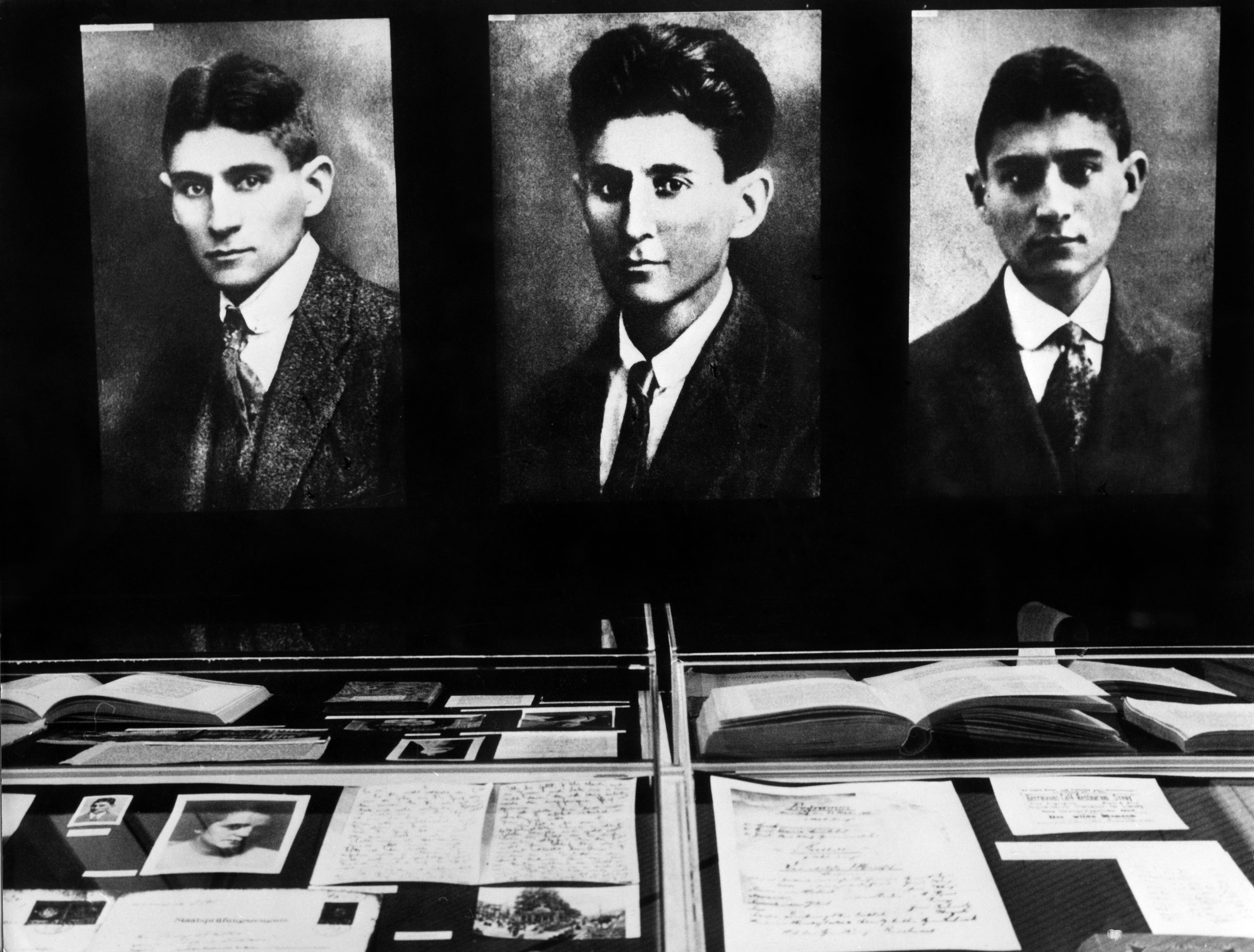A hundred years ago, on June 3, 1924, the Prague-born writer Franz Kafka died in a sanatorium in Kierling, Austria. He was just 40 years old. At the time, Kafka was relatively unknown, but since his death, his status has grown to such a degree that he is regarded as one of the literary superstars of the modern world.
Yet, he would not have become so if his best friend, Max Brod, had honored his dying wish that his unpublished work, which was the great majority of his writing and included his disconcerting novels "The Trial" and "The Castle," be destroyed. Instead, Brod chose to edit and publish it and share Kafka’s genius with the world. Yet, Kafka’s motivation for writing was not fame, that elixir of many who take up the pen.

Rather, he wrote through an inner compulsion that did not need an external audience. Indeed, his work seems only to have had significance for him while he was actually engaged in the process of writing it. At one point he told Brod of his writings that “I respect only the moments at which I wrote them” while afterward they “really mean nothing at all to me.
” Even if the works were only personal to him, since their publication, they have become, rightly or wrongly, the property of humankind, making the question of what they are about highly pertinent. According to Ray Monk, the biographer of the philosopher Ludwig Wittgenstein, at one point Wittgenstein was given the works of Kafka to read. Having done so, he expressed the view that “this m.
















